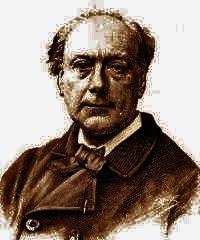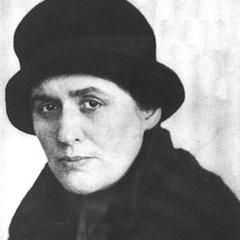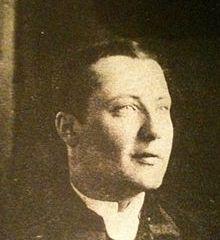William Shakespeare Quotes about Joy
William Shakespeare (2013). “The Complete Works of William Shakespeare In Plain and Simple English”, p.113, BookCaps Study Guides
Silence is the perfectest herault of joy. I were but little happy if I could say how much.
William Shakespeare, Demitra Papadinis “Renaissance Acting Editions: Much adoe about Nothing [Much Ado About Nothing]”, Demitra Papadinis
William Shakespeare (2001). “Henry the Sixth, Part Three”, p.325, Oxford University Press, USA
William Shakespeare (2013). “Histories of Shakespeare in Plain and Simple English (a Modern Translation and the Original Version)”, p.92, BookCaps Study Guides
Virtue preserv'd from fell destruction's blast, Led on by heaven, and crown'd with joy at last.
William Shakespeare, James Boswell, Alexander Pope, Edward Capell, Samuel Johnson (1821). “The plays and poems of William Shakspeare”, p.219
William Shakespeare (2012). “Shakespeare's A Midsummer Night's Dream”, p.161, Courier Corporation
William Shakespeare (1816). “The Works of William Shakspeare...: Collated Verbatim with the Most Authentic Copies, and Revised, with the Corrections and Illustrations of Various Commentators”, p.75
What is light, if Sylvia be not seen? What is joy if Sylvia be not by?
William Shakespeare (2011). “The Two Gentlemen of Verona”, p.103, Simon and Schuster
Tis safter to be that which we destroy Than by destruction dwell in doubtful joy.
William Shakespeare (2001). “The Tragedy of Macbeth”, p.150, Classic Books Company
Thou mak'st me merry: I am full of pleasure; let us be jocund
William Shakespeare, Edmond Malone, Samuel Johnson, George Steevens, Alexander Pope (1794). “Tempest. Two gentlemen of Verona. Merry wives of Windsor. Measure for measure”, p.64
William Shakespeare, Thomas Dolby (1832). “The Shakespearian Dictionary, Forming a General Index to All the Popular Expressions, and Most Striking Passages in the Works of Shakespeare, from a Few Words to Fifty Or More Lines ... By T. Dolby”, p.60
William Shakespeare (2013). “Making Sense of Henry VIII! a Students Guide to Shakespeare's Play (Includes Study Guide, Biography, and Modern Retelling)”, p.156, BookCaps Study Guides
O love, be moderate, allay thy ecstasy, In measure rain thy joy, scant this excess!
William Shakespeare, James Boswell, Alexander Pope, Edward Capell, Samuel Johnson (1821). “The plays and poems of William Shakspeare”, p.205
The violence of either grief or joy, their own enactures with themselves destroy.
William Shakespeare (1793). “The Plays of William Shakspeare: In Fifteen Volumes. With the Corrections and Illustrations of Various Commentators. To which are Added, Notes by Samuel Johnson and George Steevens. The Fourth Edition. Revised and Augmented (with a Glossarial Index) by the Editor of Dodsley's Collection of Old Plays”, p.192
How much better is it to weep at joy than to joy at weeping?
'Much Ado About Nothing' (1598-9) act 1, sc. 1, l. [27]
But here's the joy: my friend and I are one, Sweet flattery!
William Shakespeare (1864). “The Works of William Shakespeare”, p.1036
William Shakespeare, Edmond Malone, James Boswell, Alexander Pope, Samuel Johnson (1821). “The Plays and Poems of William Shakspeare: With the Corrections and Illustrations of Various Commentators”, p.48
William Shakespeare, Thomas Dolby (1832). “The Shakespearian Dictionary, Forming a General Index to All the Popular Expressions, and Most Striking Passages in the Works of Shakespeare, from a Few Words to Fifty Or More Lines ... By T. Dolby”, p.260
William Shakespeare, Samuel Johnson, George Steevens, Isaac Reed (1778). “Prefaces. The tempest. The two gentlemen of Verona. The merry wives of Windsor.- v.2. Measure for measure. Comedy of errors. Much ado about nothing. Love's labour lost.- v.3. Midsummer night's dream. Merchant of Venice. As you like it. Taming the shrew.- v.4. All's well that ends well. Twelfth night. Winter's tale. Macbeth.- v.5 King John. King Richrd II. King Henry IV, parts I-II.- v.6. King Henry V. King Henry VI, parts I-III.- v.7 King Richard III. King Henry VIII. Coriolanus.- v.8. Julius Cæ”







